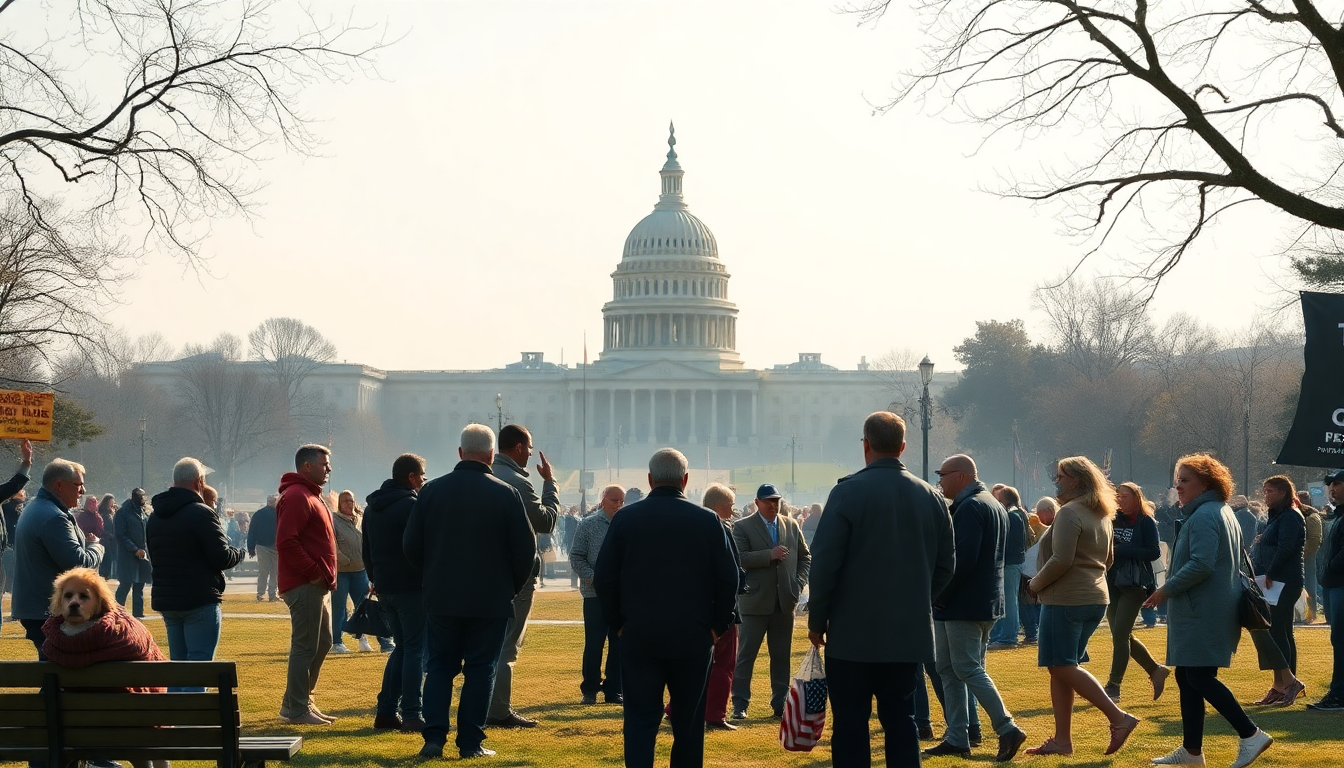Table of Contents
The political landscape in the United States has seen some dramatic shifts recently, especially during the Trump administration. Have you ever wondered how political retribution went from being just a topic of speculation to a hot-button issue that influences both governance and public opinion? Trump’s combative style raises some important questions about what his actions mean for the future of political dialogue in America. As we unpack this topic, it’s crucial to look at the historical context, current events, and what this confrontational approach could mean down the line.
Historical Context: Retribution in American Politics
Let’s face it: the idea of retribution in politics isn’t exactly new. Throughout American history, political figures have maneuvered through power struggles, often using tactics that could easily be seen as retaliatory. From the founding fathers to modern-day leaders, leveraging political power to undermine opponents has been a common theme. Trump’s strategy fits right in with this long-standing tradition of hardball politics, where the boundaries between governance and personal grudges often get blurred.
Take a look at Trump’s track record. His conflicts—whether with the media, fellow politicians, or public figures—show a clear tendency toward confrontation. His rhetoric often implies that any perceived slight deserves a response, which he frames as a form of justice or retribution. This approach has not only shaped his political identity but has also contributed to a divisive atmosphere where dissent is often met with hostility. The ripple effects of this dynamic extend beyond Trump himself, fostering a broader culture of retribution within the political sphere.
Current Climate: The Manifestation of Retribution
Fast forward to today, and the political climate is buzzing with examples of what many see as retributive actions. Trump’s dismissal of officials who stand in opposition to him—like the Bureau of Labor Statistics official—highlights his readiness to enforce consequences for those who challenge his narrative. This pattern reveals a broader tactic within his administration: loyalty is rewarded, while dissent is swiftly punished.
Trump’s critics often find themselves subjected to public scrutiny and ridicule, as we’ve seen in his recent comments about former allies and media figures. The former president manages to frame these interactions as necessary for his political survival, a narrative that resonates with a significant portion of the electorate who see his actions as a fight against an unjust system. But doesn’t this raise some serious ethical questions about the appropriateness of using government power for personal vendettas?
Implications for American Politics: A Cycle of Retribution
So, what does this cycle of retribution mean for the future of American politics? If actions like these become the norm, they could create an environment where governance is clouded by personal grievances. Imagine a scenario where the fear of retaliation keeps politicians from taking principled stands against the administration. That’s a recipe for a culture of fear and compliance.
Furthermore, as Democrats and other opposition parties navigate the legacy of Trump’s tactics, they might feel pressured to adopt similar strategies when they regain power. This tit-for-tat mentality could spiral into a never-ending cycle of retaliation, undermining the core principles of democracy and public service. The long-term effects of such a shift might be damaging, eroding trust in political institutions and diminishing civic engagement.
Conclusion: Navigating a New Political Landscape
As we reflect on the dynamics of political retribution during the Trump era, it’s clear that the consequences go far beyond individual encounters. The normalization of this kind of behavior presents significant challenges for the future of political discourse in the United States. Looking ahead, it’s crucial for political leaders and everyday citizens to push for a return to civility and constructive communication. By fostering an environment where policy debates can flourish without the looming threat of retribution, we can aspire to restore the integrity of our political system and encourage a healthier democratic process.


